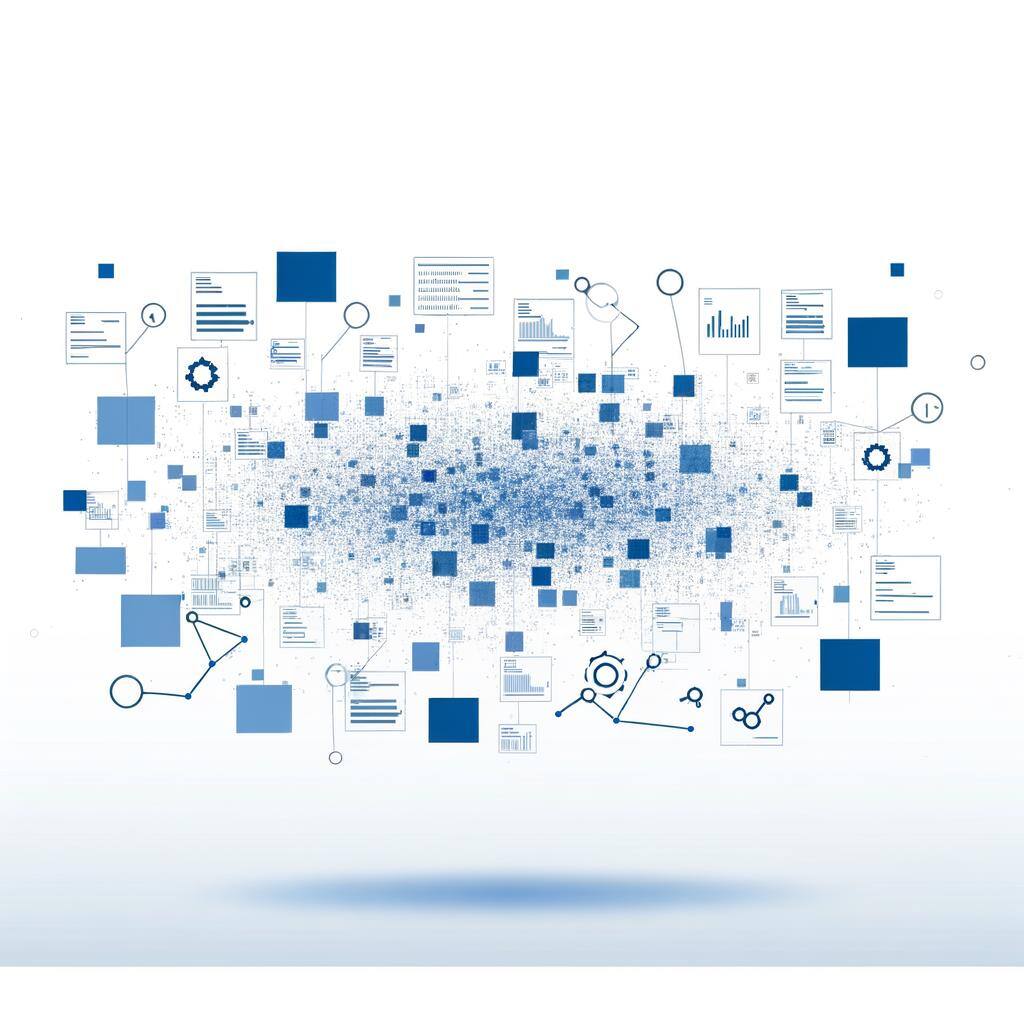The Growing Demand for Biological Material from AI-Enabled Biotechs
Written by: BioSample Connect Staff

Artificial intelligence (AI) has been a transformative force in many industries, and biotechnology is no exception. As AI-driven technologies become integral to drug discovery, personalized medicine, and disease modeling, biotech companies are increasingly relying on high-quality human biological material to fuel their AI models. The ability to collect and analyze large datasets of human tissues, cells, and fluids is essential for AI to deliver accurate, actionable insights, leading to an unprecedented demand for biological samples.
The Role of AI in Biotech
AI has fundamentally reshaped the biotech industry by enhancing data analysis, accelerating drug discovery, and enabling precision medicine. AI algorithms are being used to predict drug interactions, identify new therapeutic targets, and even model the progression of diseases in ways that would have been impossible just a few years ago. A report from Nature Reviews Drug Discovery highlights how AI is transforming drug discovery pipelines by reducing research times and increasing the success rates of new therapies .
For example, companies like Insilico Medicine and BenevolentAI are using AI to sift through vast amounts of biological and chemical data to discover potential drug candidates at a fraction of the traditional cost and time. According to Fierce Biotech, some AI platforms have already been responsible for the discovery of new clinical candidates, a clear indication of AI's growing role in the pharmaceutical sector .
Why AI Needs Human Biological Material
AI-driven biotech research relies on vast, diverse datasets to train its algorithms. To build accurate models for drug discovery, biomarker identification, and patient stratification, these companies require high-quality human biological material such as tissue samples, blood, and other fluids. As AI models are only as good as the data they are trained on, the need for varied, representative human samples has surged.
Human biological material is crucial for:
- Training Machine Learning Models: To make accurate predictions about how drugs interact with human cells, AI models need large datasets of real human samples to learn from.
- Biomarker Discovery: AI models are now capable of detecting disease biomarkers, which can be used to create diagnostics or target therapies. This requires access to a variety of samples from patients across different stages of a disease.
- Precision Medicine: AI can help tailor treatments to individual patients by analyzing their genetic, proteomic, and metabolomic profiles. This is only possible if these profiles are available from human samples.
As the AI in drug discovery market continues to expand, human biological samples will remain a cornerstone of the data pipelines that fuel breakthroughs. The Artificial Intelligence in Healthcare report estimates that the global AI in healthcare market will reach $187.95 billion by 2030 , driven by advancements in drug discovery and diagnostics that depend on human biological material.
The Challenges of Sourcing Biological Material
While the demand for human biological material has grown, obtaining these samples presents numerous challenges. One major issue is ensuring the ethical collection of samples. Biotech companies must navigate a complex web of regulations that govern patient consent, data privacy, and sample handling to ensure compliance with international and local laws. Additionally, diverse and representative sample collections are essential for building AI models that can generalize across populations. Without diversity, there is a risk of biased algorithms that fail to perform accurately in real-world scenarios.
A report by Global Market Insights projects a sharp increase in demand for human biological material in areas like oncology and neurological disease research, which are priorities for AI-driven companies. The rise of biobanks, ethical tissue procurement networks, and international collaborations are helping to meet this demand by offering access to diverse samples .
Looking Ahead
AI-enabled biotechs are transforming the landscape of healthcare, but they depend on a steady supply of high-quality human biological material to achieve their goals. As the intersection of AI and biotechnology deepens, the demand for tissues, cells, and fluids will continue to grow, creating new opportunities—and challenges—for sourcing biological samples. Ethical considerations, regulatory frameworks, and the need for diversity in sampling will be critical in shaping how the industry evolves in the coming years.
In conclusion, while AI offers unprecedented capabilities in drug discovery and personalized medicine, human biological material remains the foundation upon which these innovations are built. Ensuring a robust, diverse, and ethically sourced supply of biological samples will be essential for realizing AI's full potential in transforming healthcare.
Sources:
-
- Nature Reviews Drug Discovery: "The impact of artificial intelligence on drug discovery"
- Fierce Biotech: "AI-driven biotech drug discovery: Recent developments"
- Grand View Research: "AI in healthcare market forecast"
- Global Market Insights: "Human biological materials market trends"
